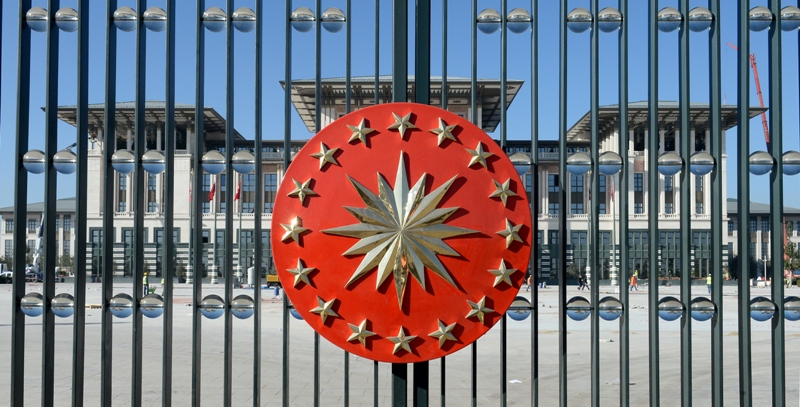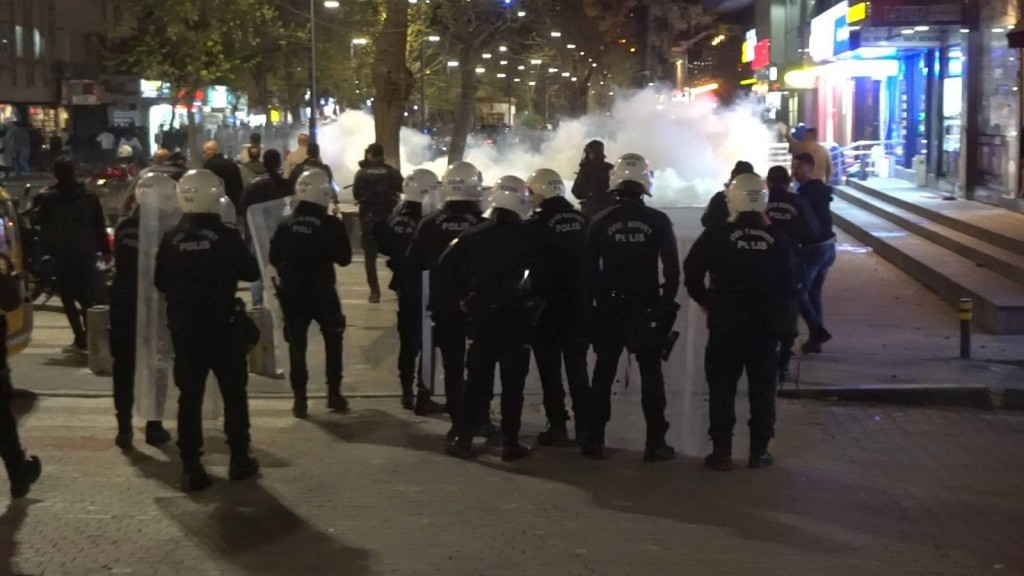Turkey’s Criminal Code criminalises “insult” – i.e. undermining another person’s honour, dignity or respectability, or attacking that person’s honour by attributing a concrete act or a fact to the person or by means of an insult – and allows for imprisonment as a punishment. Turkish law further provides heightened penalties if the person insulted is a public official, including up to four years imprisonment for insults to the country’s president.
Laws that grant political leaders greater protection from criticism than the average citizen are an open invitation for abuse; an invitation Turkish political leaders have found increasingly hard to resist. A recent IPI Special Report on Press Freedom in Turkey found that President Recep Tayyip Erdogan – who filed numerous insult complaints while prime minister – has increasing turned to these laws to silence his critics since becoming president in August 2014. The report noted that Erdogan has filed complaints against some 70 people in Turkey in the last seven months, many of them journalists. His other complaints have targeted artists, cartoonists and even schoolchildren.
IPI members called on Turkish authorities to accept the higher level of scrutiny that holding the public trust demands, and to stop using the threat of criminal sanctions and imprisonment to target critics. They also urged lawmakers to reform criminal insult provisions to bring them into line with international standards rejecting imprisonment as a punishment in such cases and international standards rejecting heightened protections for public figures.
The members further called on Turkish authorities to heed recommendations set forth in the IPI Special Report, including recommendations to end economic and political interference in the media landscape, and to abandon heated anti-media rhetoric, among others.



